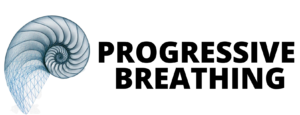
Who Benefits from Mouth Breathing?
Unmasking the Hidden Costs of a Dysfunctional Habit—and Why Nasal Breathing is the Key to Human Health Have you ever stopped to think about how you breathe? Not when you’re meditating. Not during yoga.Just in daily life—right now. Are you


